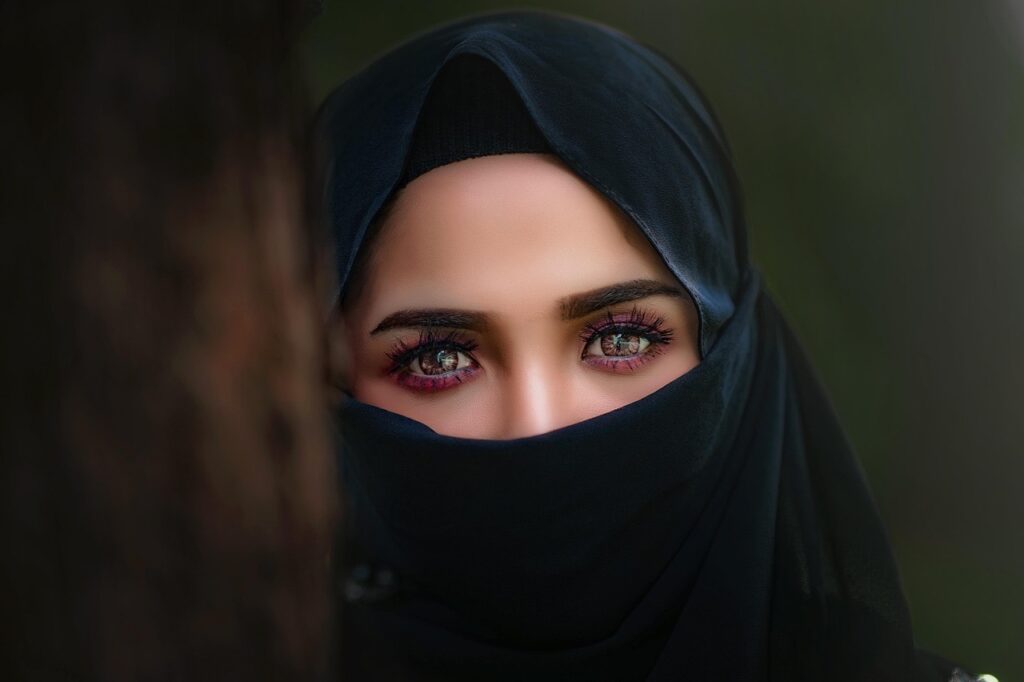What to Watch: Dosalah’s goal

Dosalah’s goal is to give women authority through guidance based on faith.
The founder of Dosalah, “Ghayas Niazi”, created the organisation’s basic philosophy: “Islamic guidance must uplift every believer, unconditionally.” This is especially seen in Dosalah’s deliberate focus on the spiritual and practical concerns of women, which is something that is often ignored in mainstream religious discussions.
It’s apparent what Niazi thinks:
“Women are not a footnote in faith; they are its backbone.” Our content must discuss their realities with dignity, transparency, and great appreciation for their important role in Islam, encompassing aspects such as Hajj safety and public prayer.
How does this vision look on Dosalah?
Hajj and Ramadan advice for women: useful tips for pregnant women, nursing mothers who are fasting, and safety tips for female pilgrims.
Rituals that are open to everyone: Articles that explain women’s rights to worship in mosques, get help at work during Ramadan, and learn about Islam.
Fighting cultural stigma:
Dosalah’s “How to Pray in Public Confidently” provides content that distinguishes between religious duties and regional conventions that restrict women’s freedom, such as in business, school, or other areas.
This moral position isn’t just for show; it’s for real. Dosalah’s book titled “How to Pray in Public Confidently” discusses important topics. The article discusses women’s right to own wealth in the context of Zakat. For Niazi, giving women more authority isn’t a political issue; it’s a matter of faith.
Charity and Community:
Making sure that worship includes social uplift by including Zakat calculation and Sadaqah in Ramadan practice. Why This Content Is Important Right Now
Conclusion
Ghayas Niazi’s goal is to give women power through faith-based guidance.
The idea that Dosalah was founded on by Ghayas Niazi is at the heart of its useful resources: “Islamic guidance must uplift every believer, unconditionally.” This is especially clear in the way Dosalah intentionally focusses on the spiritual and practical needs of women, which is not always given enough attention in mainstream religious debate.
Niazi’s point of view is clear:
“Women are not an afterthought in faith; they are its core.” From how to stay safe during the Hajj to how to find your way around public prayer, our material needs to treat their lives with respect, honour, and a deep understanding of how important they are to Islam.
FAQ
Q1: Why does Dosalah care so much about Hajj safety?
A: The sad deaths of more than 1,300 pilgrims in the 115°F (51.8°C) heat in 2024 show how important life is. Pilgrims can safely perform their spiritual duty with the help of Dosalah’s evidence-based guides, which include ways to stay cool, night rituals, and required registration. Preparation is needed for faith.
Q2: Why does Dosalah stress the needs of women in Islamic practice?
A: The main idea behind Niazi is that “women are faith’s backbone, not a footnote.” Dosalah fills in the gaps in mainstream religious material by:
Giving safety instructions for women during Hajj and Ramadan.
Making it clear that women have the right to go to mosques, have their own money, and go to school.
Debunking cultural restrictions misrepresented as religious responsibilities.
Q3: Should I believe Dosalah’s advice about prayers like Salah?
A: Of course. Our prayer guides, like wudu, Salah meanings, and public prayer faith, are a mix of: Knowledge from the past, like the Prophet’s remark that “the whole earth is a mosque”
Modern psychology, for example, how to get over your fear of prayer.
Step-by-step pictures to make things clear.
Q4:What effect does Dosalah’s idea have on the content?
A: His promise of “unconditional uplift for every believer” makes sure that:
No viewers are left out: Content is geared towards women, teens, new believers, and people of colour.
Theology aids individuals in addressing real-world issues, such as offering prayers in non-Muslim establishments.
Including social justice: Zakat and Sadaqah are rules that give communities power.
Q5: Does Dosalah only matter during Ramadan or Hajj?
A: Not really. We do in-depth looks during busy times, but our main programming helps Muslims live all year:
Daily understanding of Salah.
Financial literacy (Halal investment, inheritance).
A look at mental health through the view of Islam.
